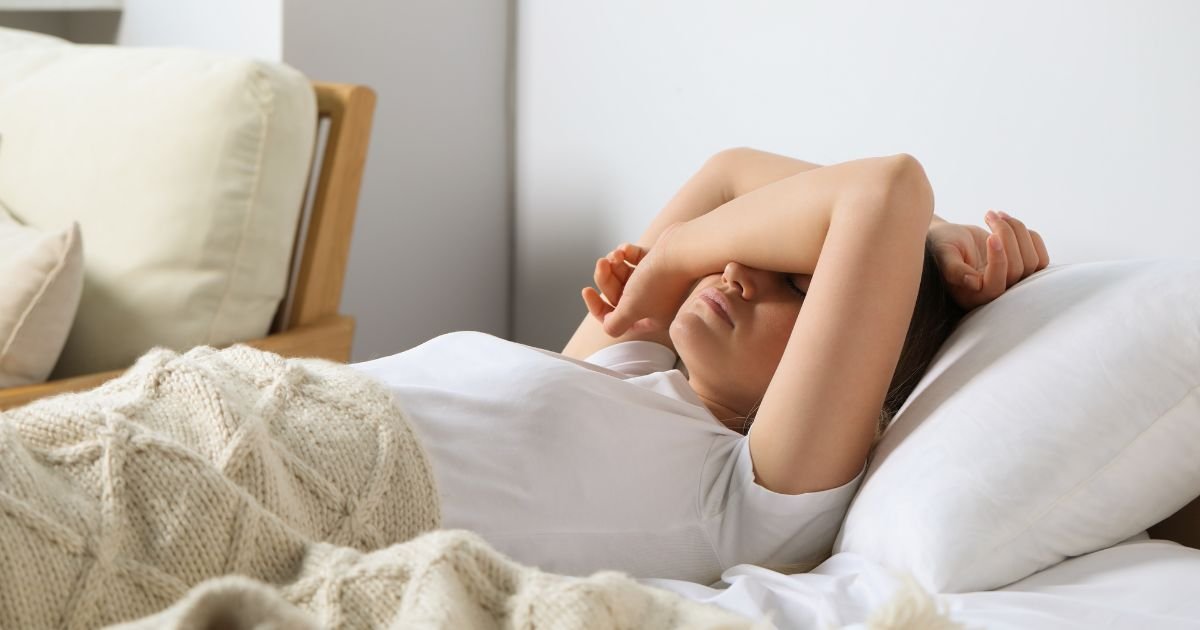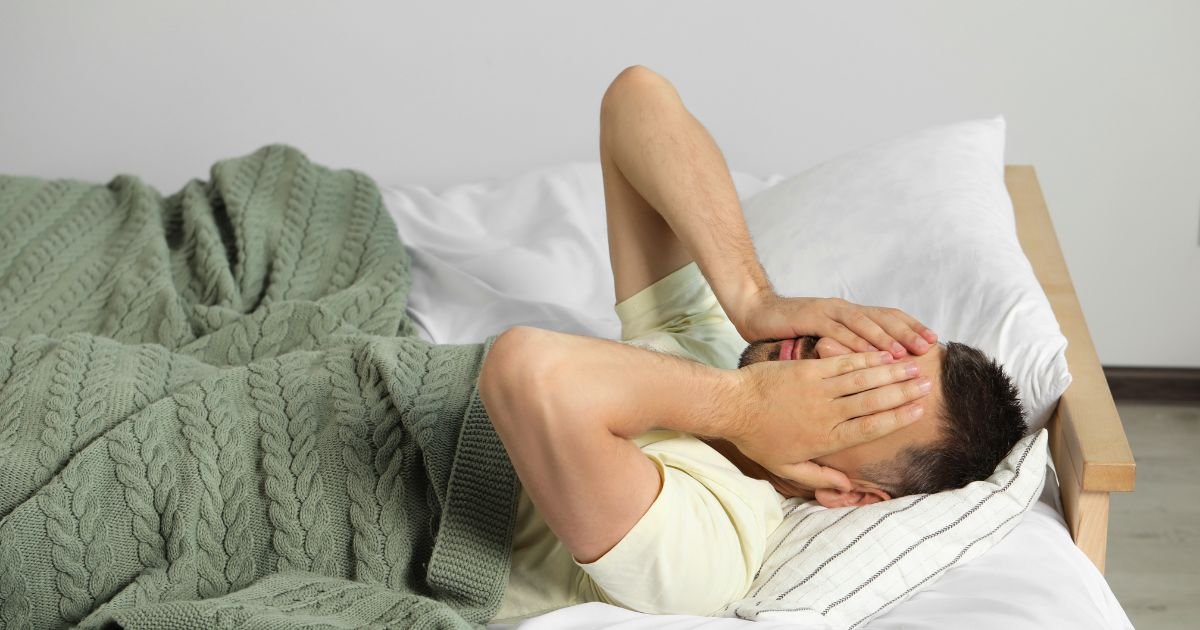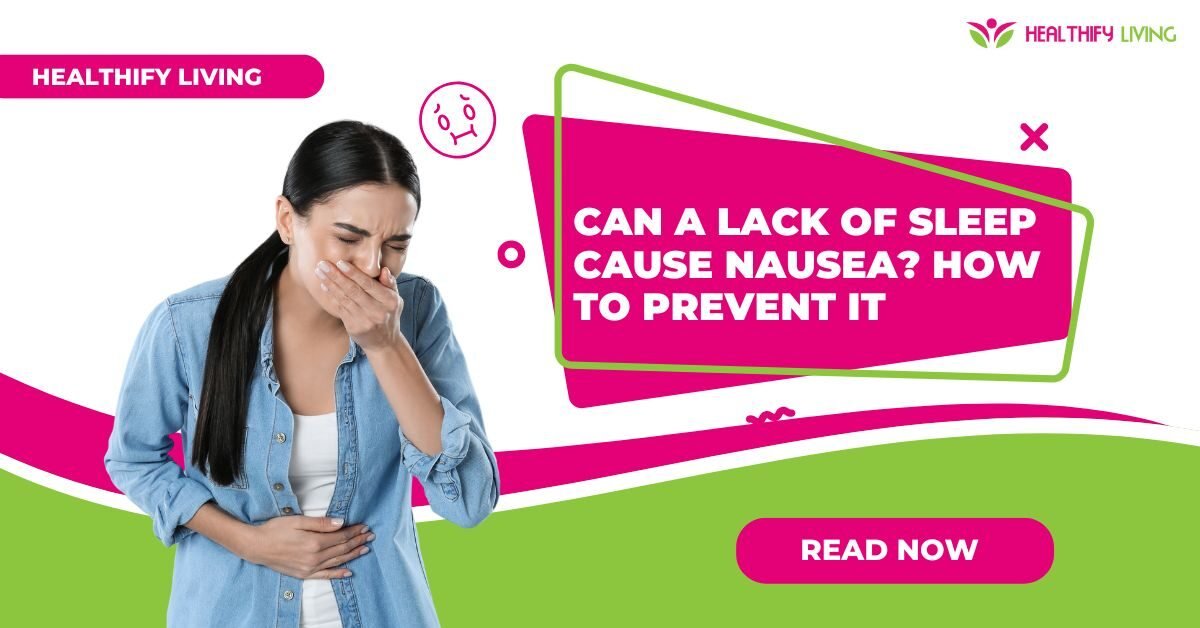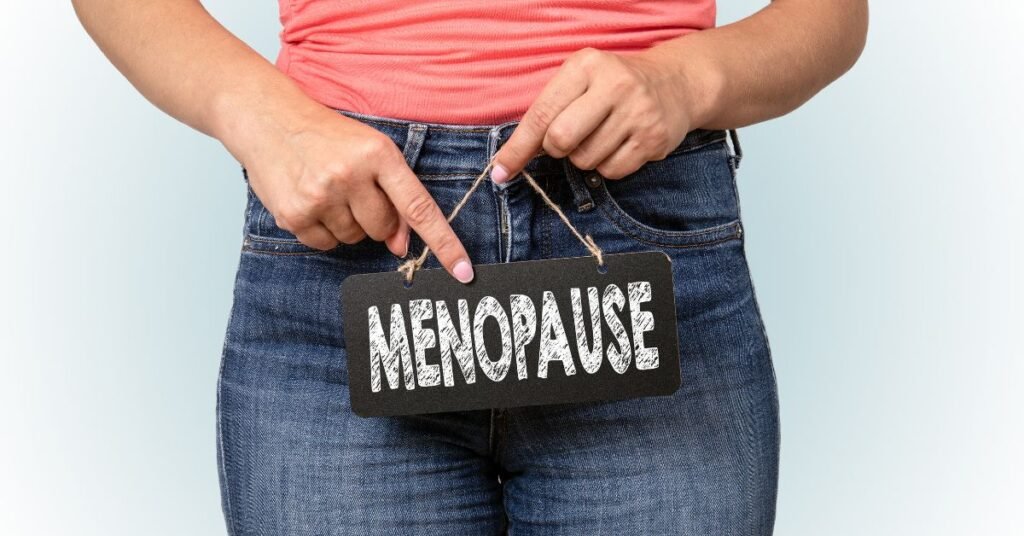Have you ever wondered: Can a lack of sleep cause nausea? It’s a question that might not come to mind immediately when you think about the consequences of poor sleep, but it’s a crucial and very important one.
A lack of sleep can indeed cause nausea. When we don’t get enough restorative sleep, our bodies can become stressed and overworked. This can lead to a variety of physical symptoms, including gastrointestinal issues like nausea.
Additionally, when we sleep less, our immune system can become compromised, making us more sensitive to digestive health issues and other illnesses that can certainly cause symptoms like nausea.
The Effects of Sleep Deprivation on Nausea
The effects of sleep deprivation reveal a concerning scenario, especially when we overlook the importance of quality sleep. It’s a very common misconception that the consequences are limited to feeling groggy or unfocused.
However, the impact goes much deeper, affecting our physical health in many different ways we might not immediately identify. Chronic sleep deprivation, a condition many people ignore as just a part of modern life, can lead to a lot of unexpected symptoms, including the most common one, which is nausea.

Can you feel sick if you have less sleep? The direct answer is yes! The connection between insufficient sleep and feeling sick can seem surprising, but as we go into more detail and look into the mechanisms behind this relationship, the reasons become more clear.
At what point is insufficient sleep considered sleep deprivation?
Insufficient sleep becomes considered sleep deprivation when you regularly fail to get the recommended amount of sleep according to your age group, leading to negative effects on your health, mood, and cognitive performance.
For most adults, this means consistently getting less than 7 hours of sleep per night. Sleep deprivation isn’t just about one night of poor sleep but a pattern of not sleeping enough over time, which can accumulate into a “sleep debt” with serious physical and mental health problems.
Signs And Symptoms Of Sleep Deprivation
The signs and symptoms of sleep deprivation can vary from person to person but there are some common signs and symptoms that can be found if you are dealing with sleep deprivation. Let’s talk about them in detail
Excessive Sleepiness
Feeling sleepy during the day, struggling to stay awake in meetings, watching TV, or struggling to focus on anything important.
Mood Swings
This is also one of the most important symptoms. Experiencing rapid changes in mood, such as irritability, anxiety, or depression, without a clear cause, or sometimes you feel angry without any reason.
Trouble with Memory and Concentration
Having difficulty remembering short or long details, making decisions, or focusing on any tasks at hand.
Weakened Immunity
When you don’t get enough sleep, your immune system becomes weak, and your body is more susceptible to more common illnesses, such as catching colds or infections, indicating a compromised immune system.
Increased Appetite and Weight Gain
One more symptom is craving high-calorie, sugary foods and experiencing unexplained weight gain due to hormonal imbalances affecting appetite.
Is there a link between sleep deprivation and anxiety?
Yes, there is a very strong link between sleep deprivation and anxiety. Lack of sufficient sleep can worsen the feelings of anxiety and stress, while anxiety can also interfere with sleep, creating an evil cycle.
Furthermore, sleep deprivation affects the body’s ability to regulate stress hormones, leading to heightened anxiety levels.
Insufficient sleep can lead to impaired cognitive function and emotional regulation, which can make it harder to cope with stress.
Anxiety can lead to racing thoughts and worry, which can make it challenging to both fall asleep and stay asleep, thus continuing the cycle of sleep deprivation.

However, it is important to note that anxiety is not the only mental health issue that can be increased by a lack of sleep. Depression, mood disorders, and other mental health conditions can also be worsened by inadequate rest.
The Impact of Sleep Deprivation on the Immune System
When you don’t get enough sleep, your body’s defense system weakens, making it easier to get sick. This means you’re more likely to catch colds or other illnesses. It’s important to prioritize sleep to keep your immune system strong and protect your health.
Causes of insufficient sleep
If we talk about the situation in today’s world, where we have so many distractions, finding a good night’s sleep can be a challenge. But what leads to this lack of sleep? Let’s break it down:
- Stress and Anxiety: Everyday pressures related to work, family, and finances can keep our minds busy and make it tough to relax and fall asleep.
- Bad Habits: Irregular sleep patterns, late-night screen use, getting distracted with other things and caffeine before bed can mess with our sleep routines.
- Health Issues: Conditions like sleep disorders, chronic pain, or hormonal imbalances can disrupt our sleep.
- Lifestyle Choices: Drinking, smoking, or eating heavy meals late at night can disturb our sleep cycles.
- Environment: Noise, uncomfortable beds, or bright lights can make it hard to get a good night’s rest. Some people like sleeping in a quiet environment with lights off, so the environment also plays a very important role in the quality of your sleep.
Effects of chronic lack of sleep on the body
Chronic lack of sleep, or chronic sleep deprivation, can have profound and far-reaching effects on the body, impacting everything from cognitive function to long-term health. Here are some of the key effects:
- Impaired Cognitive Function: Sleep is very crucial for your cognitive processes,, including memory consolidation, learning, problem-solving, and decision-making.
- Emotional and Mental Health Issues: There’s a strong link between sleep and mental health. Lack of sleep can increase the risk of developing mental health disorders such as depression and anxiety.
- Weakened Immune System: During sleep, the body produces proteins called cytokines, which help fight infection, inflammation, and stress. With insufficient sleep, the production of these protective cytokines is reduced, weakening the body’s immune response and increasing susceptibility to illnesses.
- Increased Risk of Chronic Diseases: Chronic sleep deprivation has been associated with a higher risk of developing several chronic diseases, including cardiovascular diseases (such as hypertension, heart attack, and stroke), diabetes, and obesity. This is partly due to the effects of sleep on hormone levels, metabolism, and inflammation.
- Hormonal Imbalance: Sleep influences the release of various hormones, including those that regulate appetite (ghrelin and leptin), growth hormone, and insulin. Lack of sleep can disrupt these hormonal balances, leading to increased appetite, weight gain, and a higher risk of diabetes.
- Decreased Libido: Reduced sleep can lead to decreased libido and sexual dysfunction, partially due to drops in testosterone levels in men. The fatigue, stress, and reduced energy associated with sleep deprivation further compound this issue.
- Impaired Motor Skills and Increased Accident Risk: Sleep deprivation negatively affects motor skills and increases the likelihood of accidents, including vehicle crashes and workplace incidents, due to decreased alertness and impaired reaction times.
Physical Activities and Sleep Quality
Now let’s take a closer look at how-staying active can be your go to weapon against sleepless nights and the resulting tummy troubles, like nausea or abdominal pain.
It turns out that getting your body moving does more than just tire you out in a good way. It also keeps stress levels in check, which is crucial because too much stress can crank up your digestive health, which can leads to all sorts of discomfort.
The relationship between physical activities and quality of sleep
- Walking: A daily walk can calm your mind, reduce your stress levels, and promote deeper sleep by helping regulate your body’s clock. You can make a smart goal of walking daily for the next 4 weeks and you will definitely see the difference.
- Yoga: Through gentle stretches and breathing exercises, yoga eases muscle tension and decreases stress, making it easier to fall asleep. Joining a gym is also a good option, and to stay motivated, start small, and later you can easily increase the amount of exercise.
- Cycling: Regular cycling, whether outdoors or on a stationary bike, boosts cardiovascular health and improves sleep quality by tiring you out in a good way. Cycling also helps you explore new places and meet new friends, which results in improved overall health.
- Swimming: This low-impact exercise is excellent for overall fitness, especially in the summer season, helping you to reduce stress and cool down your body, signaling it’s time for rest.
- Strength Training: Engaging in moderate resistance training can enhance muscle strength and sleep quality; just be sure to avoid heavy workouts close to bedtime to prevent overstimulation.
How can you treat nausea as a symptom of insomnia?
Treating nausea that comes from insomnia involves addressing both the underlying sleep issues and the immediate discomfort of nausea. Here are some practical steps you can take in order to treat your symptoms of nausea:
Improve Sleep Habits
Establish a regular sleep schedule, create a relaxing bedtime routine, and ensure your sleeping environment is comfortable and free from disturbances. This can help address insomnia and, by extension, reduce episodes of nausea.
Stay Hydrated
Dehydration can worsen nausea, so it’s essential to drink plenty of fluids throughout the day. Ginger tea or peppermint tea are gentle on the stomach and can help soothe nausea.
Eat Light and Right
Avoid heavy, rich, or spicy foods before bedtime, as these can aggravate your digestive health. Look for a light snack that’s easy to digest if you’re hungry before sleep.
Manage Stress
Since stress can exacerbate both insomnia and nausea, incorporating stress-reduction techniques such as deep breathing, meditation, or gentle yoga into your daily routine can be beneficial.
Limit Screen Time
Reduce exposure to screens at least an hour before bed to avoid the sleep-disrupting effects of blue light, which can also contribute to sleep-related nausea.
Final Thoughts
Understanding what keeps us from getting a good night’s sleep is key. From daily stresses to our habits and surroundings, each affects our rest.
By recognizing these factors and making simple changes, we can improve our sleep and our health. Small steps lead to better sleep and a better life.
Prioritizing sleep isn’t just about feeling rested—it’s about nurturing our bodies and minds for a better tomorrow.
If nausea and insomnia persist, it’s important to seek advice from a healthcare professional. They can help identify any underlying conditions and recommend appropriate treatments for you, which might include medication for nausea, sleep aids, or therapy for stress management.



